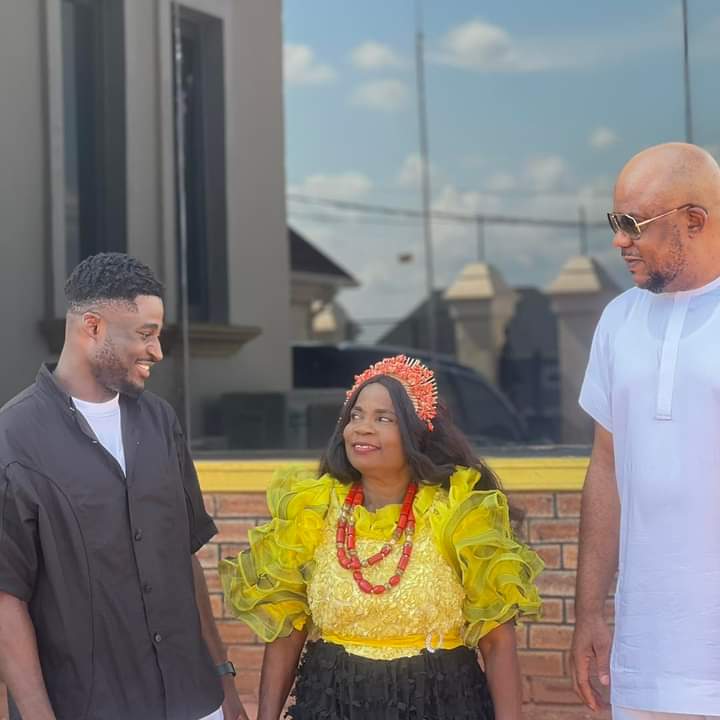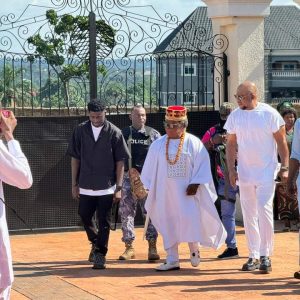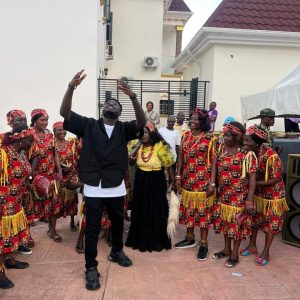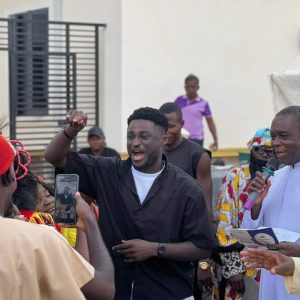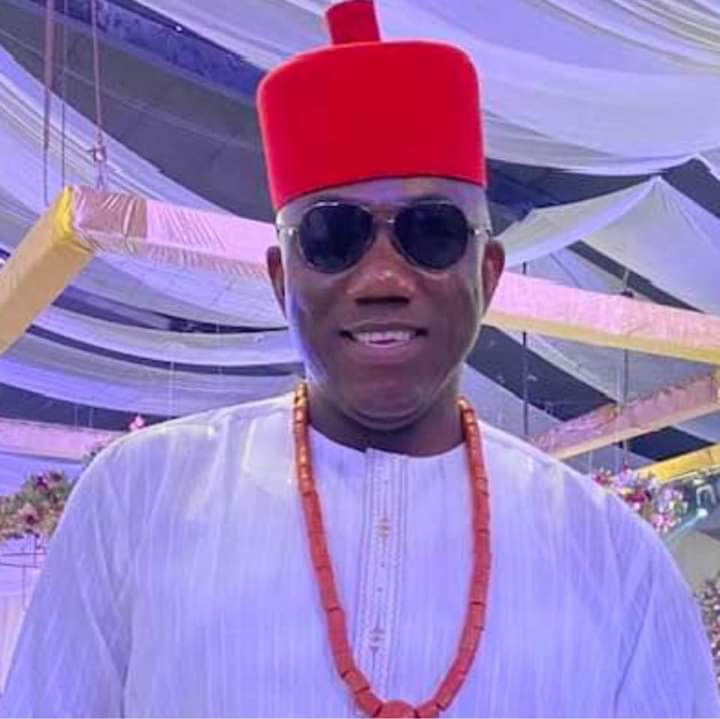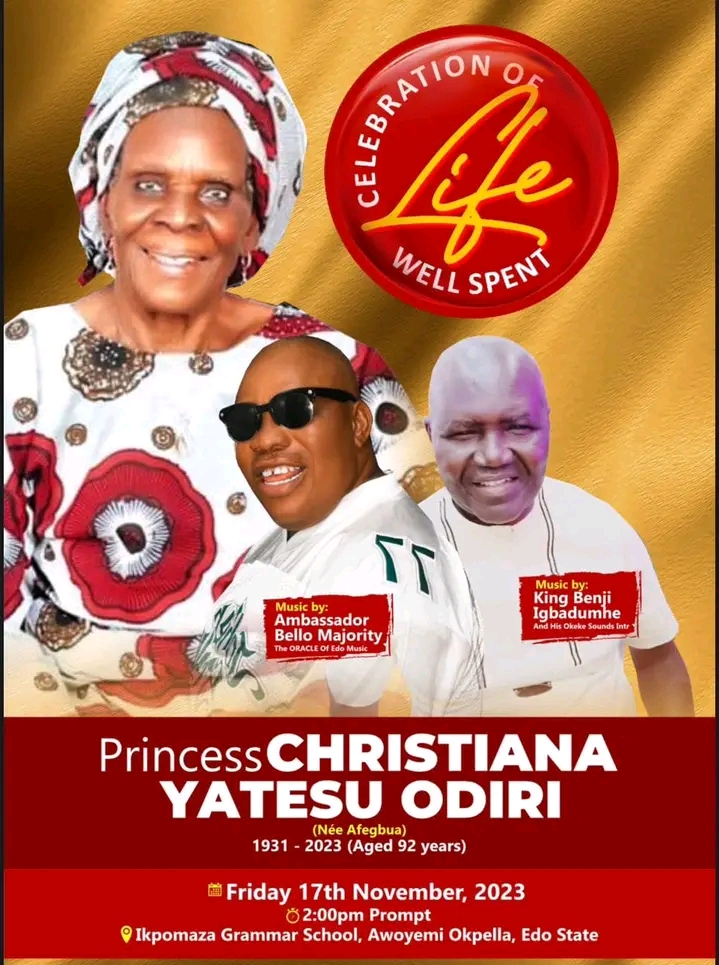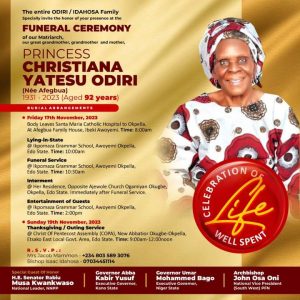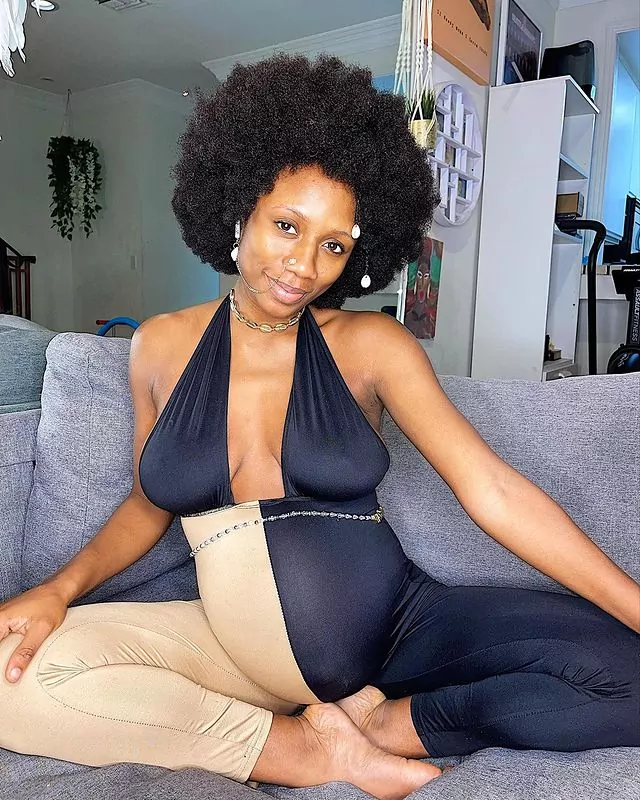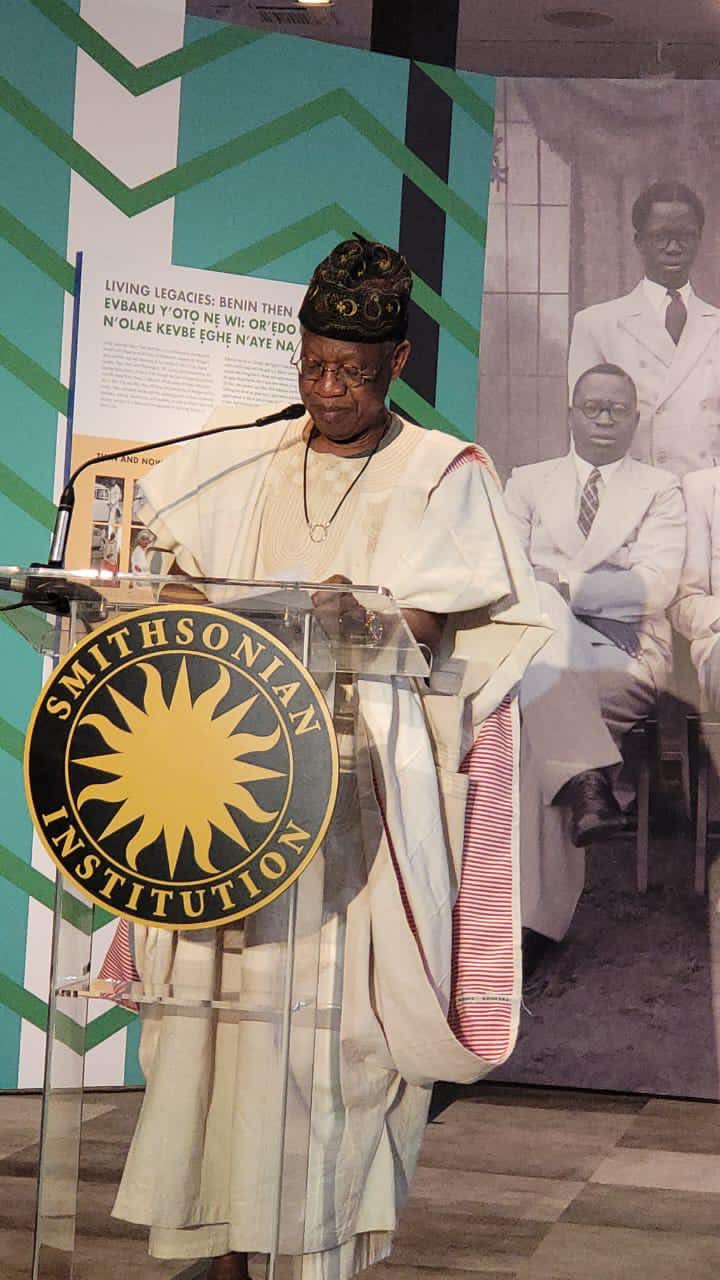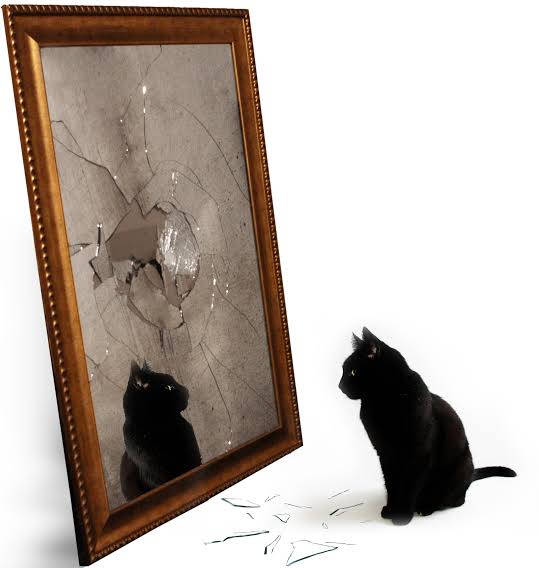Opinion Post by Chukwuma Ndioguluo:
Omoni Oboli, a talented movie producer from Edo State, recently released a film titled “Love In Every Word, which attempts to portray the romantic dynamics of an Igbo man. However, the movie falls short of accurately representing Igbo culture and the traditional values of an Igbo man, particularly the concept of an *Odogwu* (a respected, wealthy, and influential man in Igbo society).
In the movie, the Igbo male lead, played by Uzor Arukwe, closes his bank account to win the heart of a woman he loves. This portrayal is not only inaccurate but also a misrepresentation of how an *Odogwu* from Igboland approaches love and relationships. In Igbo culture, an *Odogwu* is a man of substance, wisdom, and pride. He does not diminish himself or his wealth to win a woman’s affection. Instead, he often disguises his true status, presenting himself as a modest individual—perhaps a single shop owner in Onitsha Main Market—while secretly owning multiple businesses.
The intention behind this approach is to test the woman’s character and ensure she is not motivated by his wealth. An *Odogwu* seeks an *Odozi Aku*—a woman who is wise, resourceful, and capable of managing his wealth and household. Only when she proves her genuine love and loyalty does he reveal his true status and introduce her to his family as the woman he intends to marry. This is the Igbo way, and it reflects the depth of cultural values that prioritize character over materialism.
It is disappointing to see how Omoni Oboli imported a Benin man’s lifestyle into a movie that was supposed to showcase Igbo culture. The portrayal of the Igbo man in *Love In Every Word* is far from the reality of how an *Odogwu* loves and respects his woman. The only plausible explanation for this misrepresentation is that the character is an Igbo man who has lived outside Igboland for too long and has been influenced by the cultures of his host community.
Another glaring inaccuracy in the movie is the use of the term *“Onye Nwem”* (meaning “the one who owns me”) by the male lead to address his love interest. This is a complete distortion of Igbo cultural norms. In Igbo tradition, *“Onye Nwem”* is a term of endearment used by a wife to address her husband, not the other way around. It signifies the man’s role as the head of the household and the woman’s respect and submission to him. When a wife calls her husband *“Onye Nwem”* and shows him respect, he is compelled to love her genuinely and entrust her with the management of his wealth, earning her the title *“Ori Aku”* (the one who enjoys his wealth).
The fact that Uzor Arukwe, an Igbo actor, addressed Bambam, a Yoruba actress, as *“Onye Nwem”* in the movie is a clear indication that Omoni Oboli knew exactly what she was doing. If Bambam were an Igbo actress, I believe she would have rejected such a term, no matter how sweet it sounded, because it goes against the cultural norms passed down by our foremothers.
Omoni Oboli may have had good intentions with *Love In Every Word*, but the execution missed the mark. The movie fails to tell the true story of how Igbo men love their women and instead presents a distorted version of Igbo culture. I hope that an Igbo movie producer will one day rewrite and reproduce this story, showcasing the authentic and dignified way an *Odogwu* from Igboland loves and respects his woman.
Igbo culture is rich, profound, and deeply rooted in values that deserve accurate representation in Nollywood. Let us tell our stories the right way, preserving the integrity of our traditions for future generations.
#ChukwumaNdioguluOfficial
#Chucappella
#OmoniOboli
#BamBam
#UzorArukwe
#NollywoodMovies
#MovieReview
#IgboCulture
#Odogwu
#OdoziAku
#OriAku


